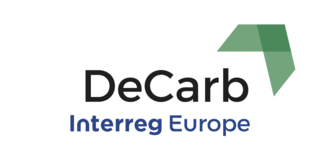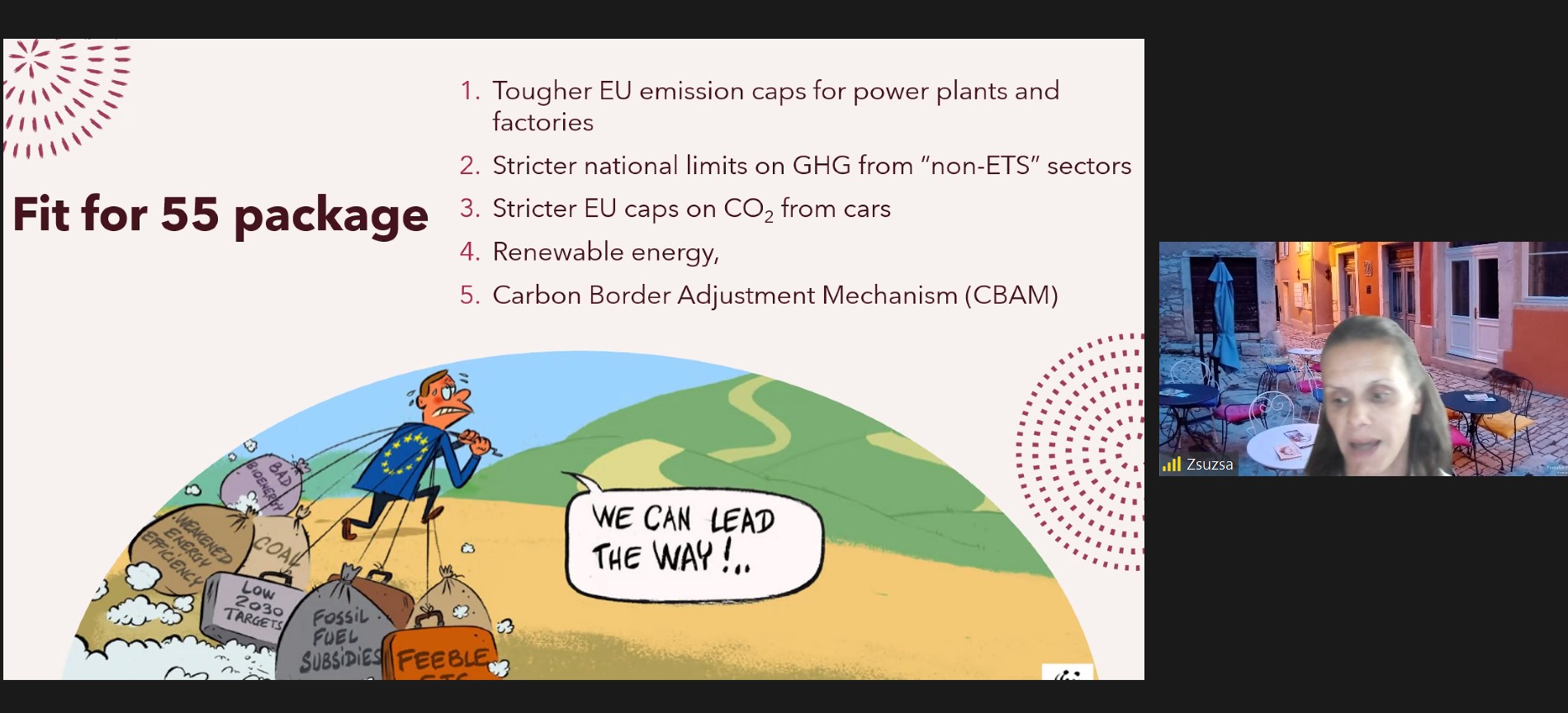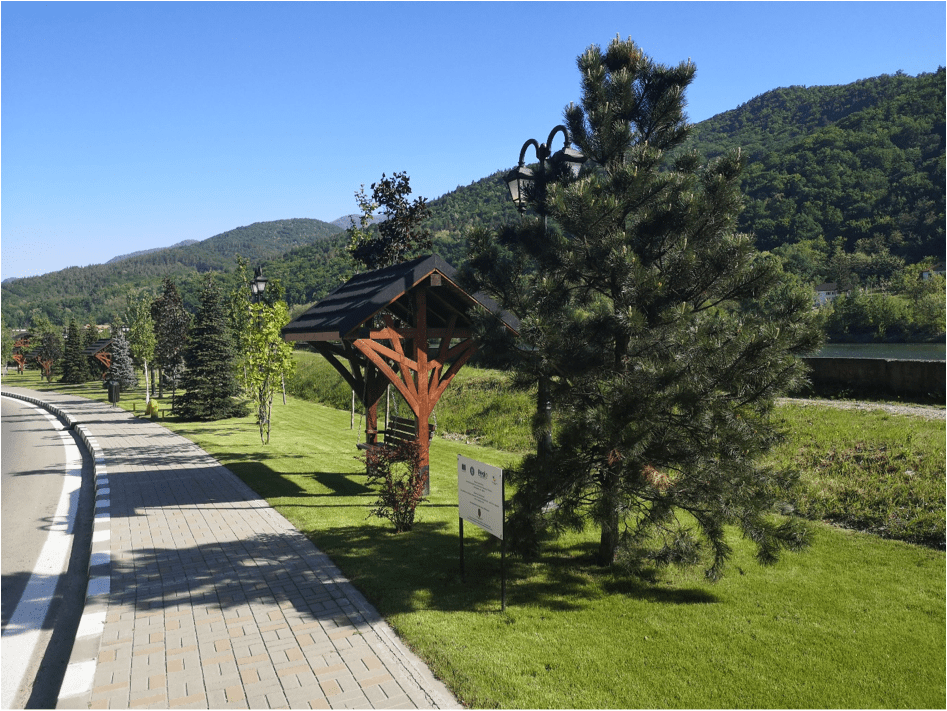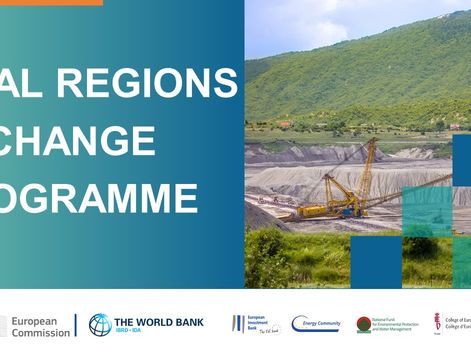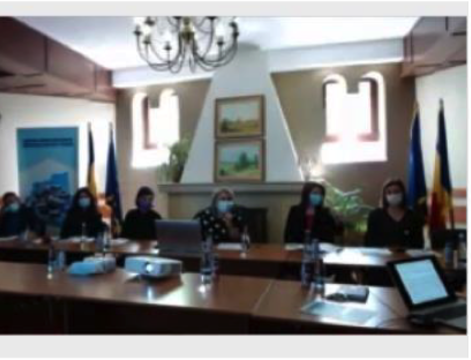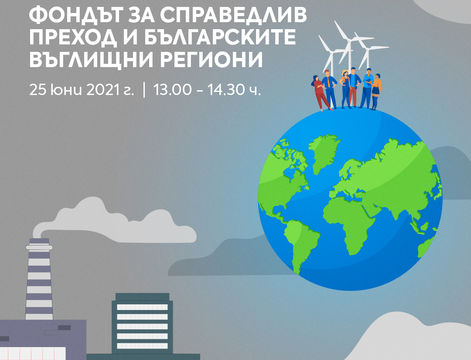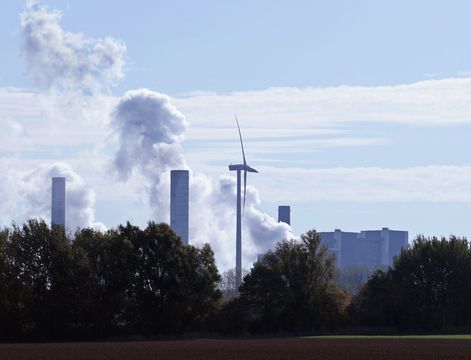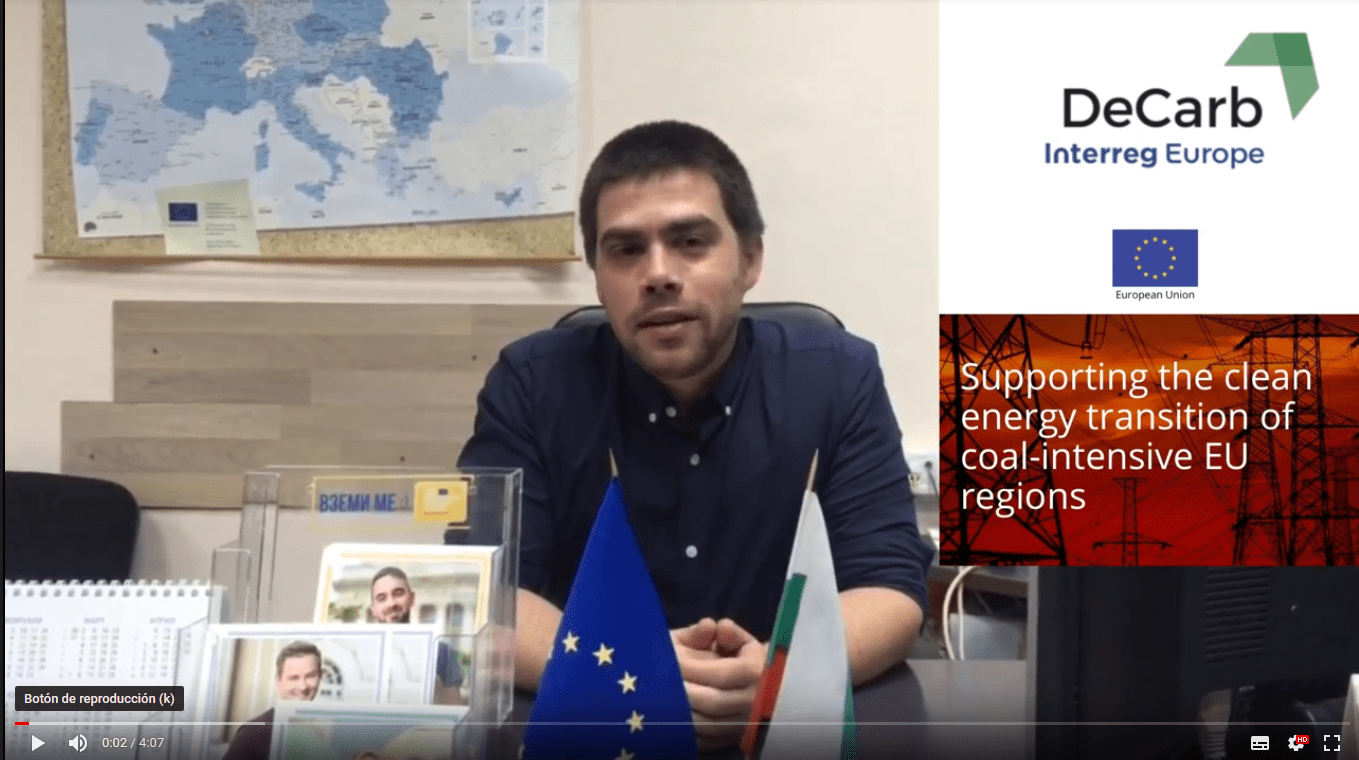Within the scope of the DeCarb project activities, representatives of KSSENA, the Mayor of the Municipality of Velenje Peter Dermol and Director of the Municipal Administration mag. Iztok Mori; gathered online with the Minister of the Environment and Spatial Planning of the Republic of Slovenia mag. Andrej Vizjak to discuss the terms regarding co-financing of decarbonisation projects in the SAŠA region and other important topics related to the restructuring of the coal intensive region. They highlighted number of topics and projects that could make a significant contribution to the development of the valley’s future. The minister presented the guidelines and position of the state, including the projects that it will support and co-finance.
Mayor Peter Dermol and the minister mag. Andrej Vizjak agreed that Velenje Coal Mine should be closed as late as possible and that economic and social aspects, not only environmental ones, should also be considered. Mayor Dermol emphasized once again that in the region, we have an increasing cost with the purchase of CO2-emission allowances, which represent a great burden: “Years ago, we allocated zero funds for CO2-emmission allowances regarding the heat supply, but according to current estimates, this cost is now already at 4 million euros and if this cost were to pass on to the households and the economy, the price of heating would significantly increase. We have repeatedly suggested that we should be exempted from paying the cost for allowances or that we find a model within the Climate Fund that would allow funds (obtained by buying the CO2-emission allowances) to be reinvested into the valley.”
This represents a great burden for the Public Utility Company of Velenje. Vast majority of the resources gathered in the Climate Fund, should be returned to the SAŠA region where the money would be spent on projects for decarbonisation and on the necessary development of the region during the restructuring process itself (funding of new value-added jobs, new industrial zones, local entrepreneurship, local area tourism plan, housing issues, sustainable mobility measures, new alternative sources of thermal energy production etc.).
Mayor Dermol expressed the need for the support from the ministry in establishing non-emission public passenger transport using fuel cell vehicles and hydrogen as a means of propulsion, where Municipality of Velenje has already successfully gained support and recognition of the project at both national and international level. Minister Vizjak confirmed the position of the state regarding the importance and development potentials for the use of green hydrogen, referring to the SLOP2G project, which was applied to the Innovation Fund by a consortium of Slovenian partners, in which Slovenian Power Plants Holding (owner of both the thermopower plant Šoštanj and the Coal mine Velenje) also participates as a partner. Among other things, the upcoming opportunities within the Recovery and Resilience Plan were highlighted, through which funds will be provided for co-financing investments in sustainable mobility.
At the end of the meeting, the stakeholders called on Vizjak to support the initiatives on new spatial and construction legislation and the possibility of extending the deadline for coordination of existing land development programs, which allow municipalities to charge a lower municipal contribution to support further investment into the regional economy.
Author: Matevž Šilc,
